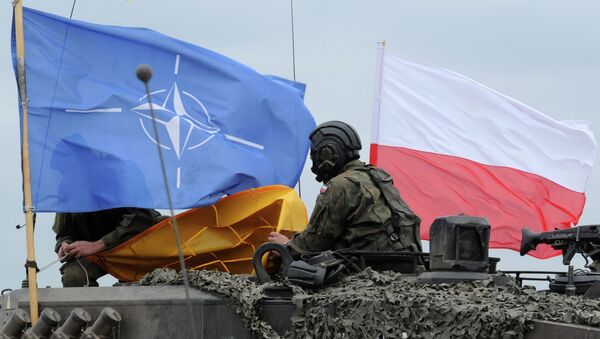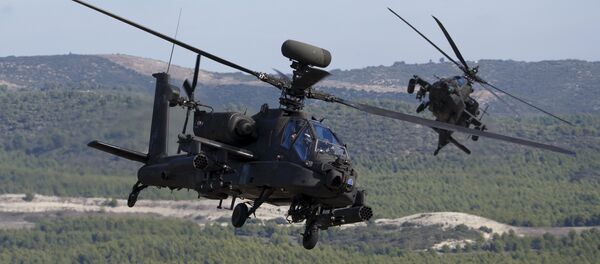In 2025, Paris and Berlin are expected to begin work on tank and artillery projects with a French company known as Nexter and its German partner Krauss-Maffei Wegmann (KMW).
"It is at the heart of the program to propose Franco-German programs, which will be open to other European countries," Stephane Meyer, chairman of Nexter, told Defense News in June.
One of those countries appears to be Poland, with Defense Minister Antoni Macierewicz saying Warsaw would like its local industry to help draw it closer to European partners.
"We also are talking about producing and manufacturing a new tank in cooperation with Germany and with France as another example of this cooperation," he told Defense News last month.
Warsaw has begun modernizing its military in recent months. In May, the Polish Defense Ministry negotiated a deal to acquire three surveillance aircraft and three maritime patrol planes. This was part of a broader plan to spend roughly $233 million per year 2030 on purchasing new naval vessels and armament.
"The Polish army will be bigger; we envision a substantial increase in the size of the army, by at least 50%, in the coming years, including the creation of three brigades for the territorial defense of the country on the eastern flank," Macierewicz said at the time.
The Nexter-KMW program would allow Warsaw to replace its aging T-72 and PT-91 tanks, particularly after plans to produce the 40-ton Anders prototype tank fell through.
Poland also has an existing partnership with France and Germany. All three are part of the Weimar Triangle, a trilateral group to promote cooperation.
France has also expressed an interest in selling arms to Poland, particularly in relation to submarines and attack helicopters.
According to Macierewicz, the reason for Poland’s military expansion, including the installation of the US Aegis Ashore missile defense system, is the "threat from Russia."
Analysts, however, reject this notion.
"The sentiment of a 'frightening Russia' looking to come and take over Poland is supported by the ruling Law and Justice Party," political scientist Vadim Trukhachev told Russian newspaper Svobodnaya Pressa.
"These men are out and out Russophobes with a deformed imagination who see a ‘Russian threat’ behind every corner."





